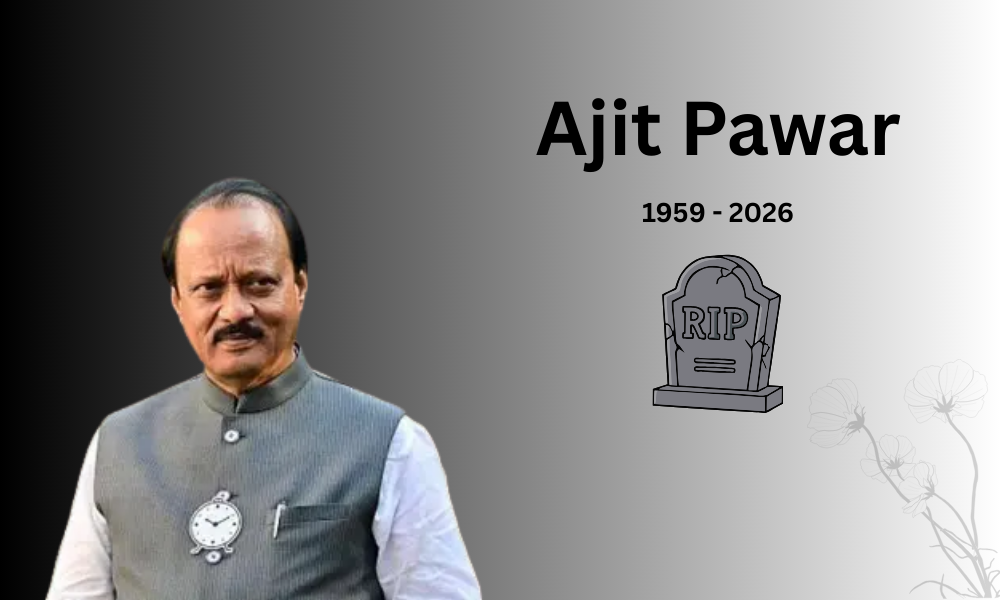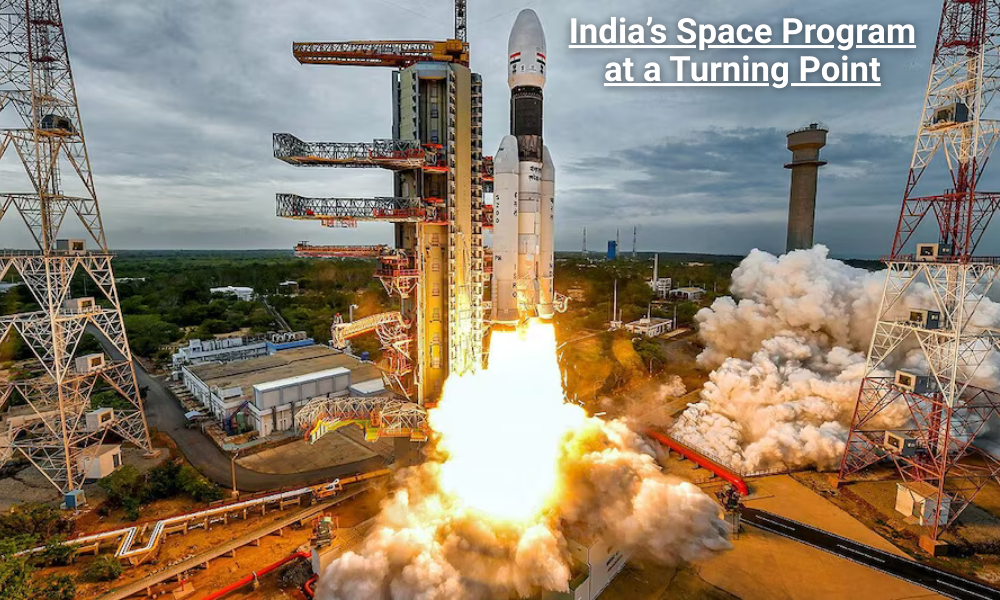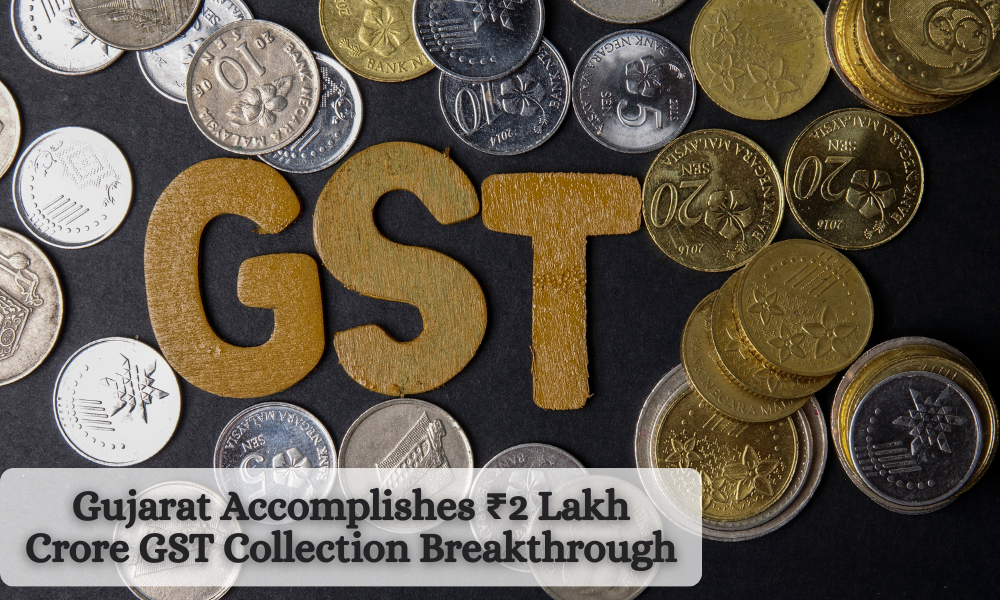AI Composing Apparatuses: Making a difference or Harming Human Creativity?
Artificial Insights (AI) composing instruments like ChatGPT, Jasper, and others have picked up gigantic ubiquity in later a long time. They can create papers, blogs, advertisement duplicate, stories, and indeed verse inside seconds. For numerous, these instruments are a favouring, sparing time and starting new thoughts. In any case, their fast rise has too started an imperative talk about: Is AI composing instruments making a difference human creativity—or gradually harming it?
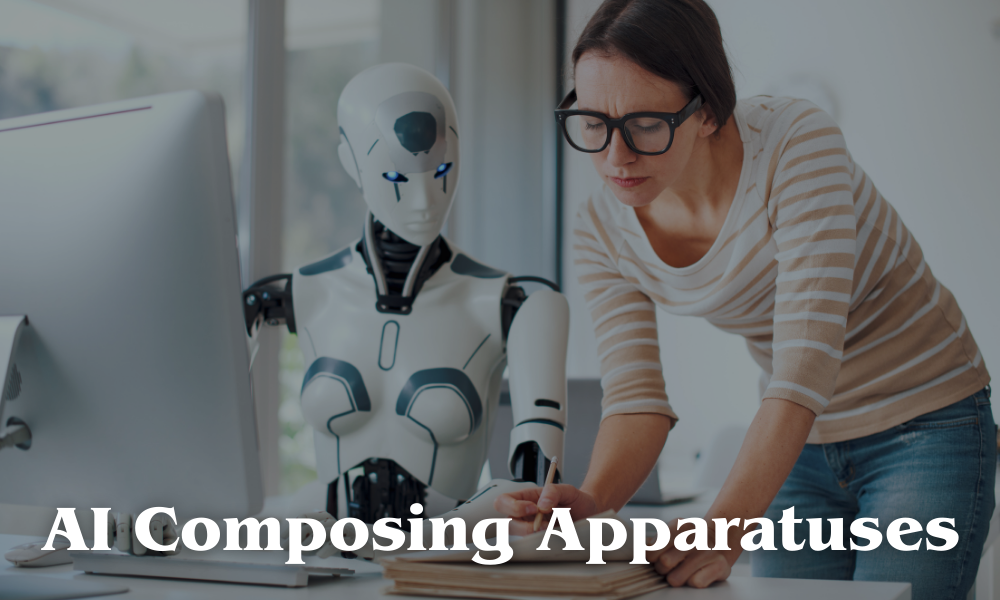
How AI Composing Devices Work
AI composing devices are fuelled by machine learning and common dialect preparing. They analyze enormous datasets of composed fabric, learning designs of linguistic use, fashion, and lexicon. Based on prompts, they create content that feels characteristic and regularly vague from human writing.
This makes them effective associates for conceptualizing, drafting, and refining substance. But since AI doesn’t genuinely “understand” or “imagine,” it raises questions approximately creativity and creativity.
How AI Composing Apparatuses Offer assistance Creativity
For numerous journalists, marketers, and understudies, AI composing devices are a major advantage. A few key benefits include:
Overcoming Writer’s Square – AI can create traces, features, or indeed full drafts, giving journalists a beginning point when they feel stuck.
Saving Time – Instep of investing hours on tedious or essential errands, makers can assign introductory drafts to AI and centre on altering and refining.
Idea Era – AI can propose points, representations, or storylines that people might not have considered.
Accessibility – Individuals who battle with dialect obstructions or restricted composing abilities can utilize AI to express themselves more clearly.
Efficiency in Commerce – In businesses like promoting, news coverage, and instruction, AI devices streamline substance generation without compromising quality.
In this way, AI doesn’t fundamentally supplant inventiveness but acts as a steady accomplice, liberating people to centre on higher-level considering and originality.
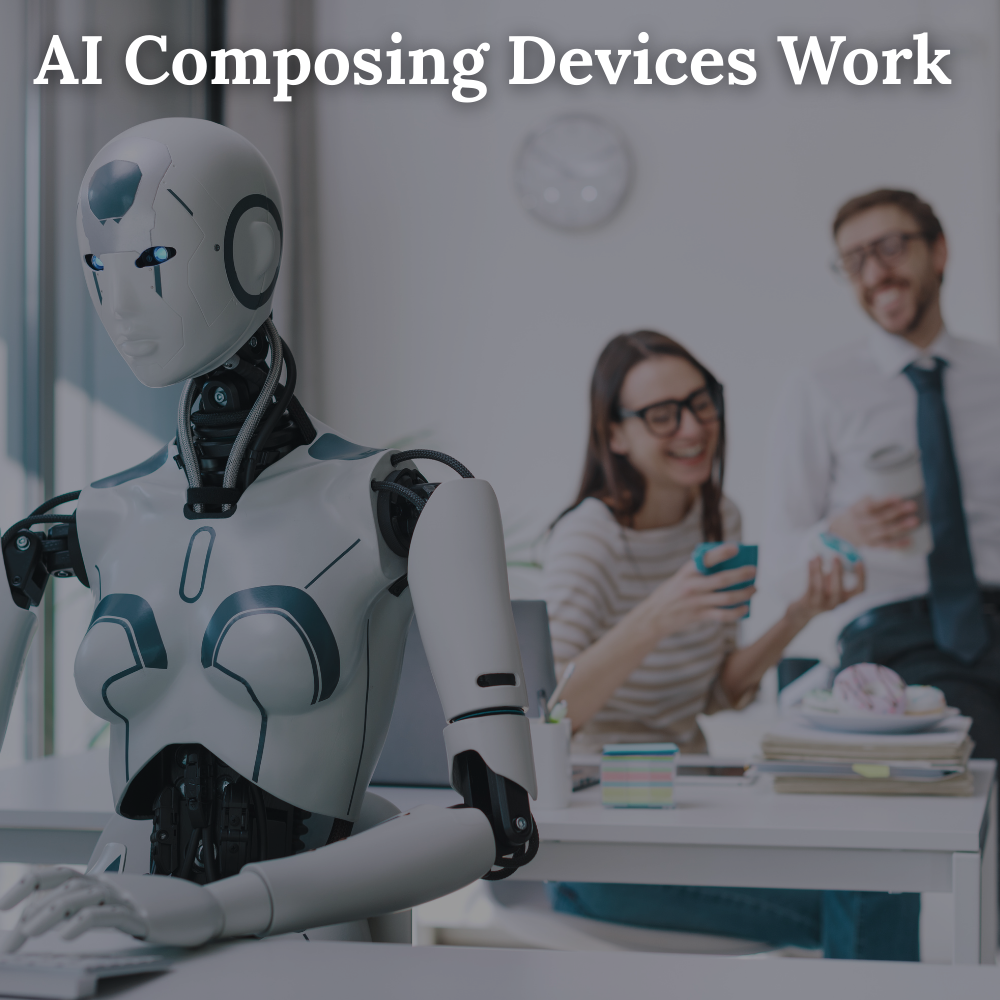
Where AI Might Harmed Creativity
Despite its points of interest, overwhelming dependence on AI apparatuses carries risks:
Loss of Unique Voice – If scholars depend as well much on AI, their one of a kind fashion may blur, driving to non specific and formula-driven writing.
Shallow Imagination – AI can as it were recombine existing thoughts from its preparing information. It cannot create the crude creativity that comes from human experience.
Over-Reliance – Understudies or experts may utilize AI as a easy route, diminishing the exertion required to hone and make strides their claim imaginative skills.
Ethical Concerns – Questions of creation, plagiarization, and creativity emerge when AI-generated substance is passed off as human work.
For occasion, whereas an AI-generated web journal may sound cleaned, it needs the profundity and passionate subtlety that come from lived experience.
Striking a Balance
The wrangle about isn’t around whether AI is great or awful, but around how we select to utilize it. When utilized admirably, AI composing apparatuses can serve as a effective co-creator, not a substitution. Journalists can use AI for structure, speed, and motivation whereas guaranteeing the last item reflects their individual voice and insights.
For illustration, a writer might utilize AI to produce plot thoughts but still depend on their claim creative ability to shape characters and feelings. Essentially, businesses may utilize AI for item depictions but take off narrating and branding to human creativity.
The adjust lies in seeing AI as a partner—an collaborator that grows possibilities—while guaranteeing that human creativity remains at the center of creativity.
Conclusion
AI composing devices are not one or the other absolutely accommodating nor absolutely destructive; their affect depends on how we utilize them. They can boost inventiveness by starting thoughts and sparing time, but over-reliance may debilitate creativity and realness. Genuine imagination comes from human creative energy, feeling, and individual expression—qualities no machine can replicate.
In the conclusion, AI ought to not be seen as a risk to inventiveness but as a instrument that, when utilized dependably, enables people to thrust their creative energy indeed assist. The future of composing lies not in choosing between AI and human imagination, but in learning how to mix the qualities of both.
AI-Powered Trade: Redefining Strategy and Decision-Making


